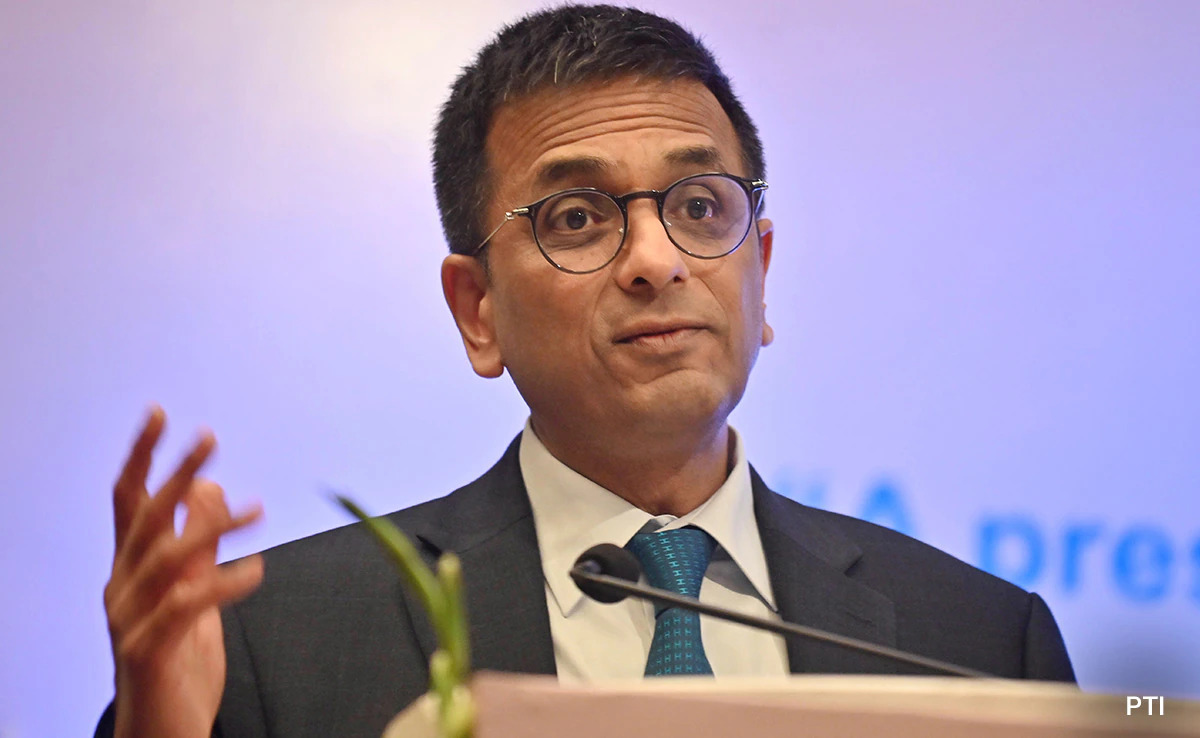New Delhi: Today the BJP government has introduced a Parliamentary Bill that outlines the process for selecting the Chief Election Commissioner and other Election Commissioners. The Bill, titled ‘Chief Election Commissioner and other Election Commissioners (Appointment Conditions of Service and Term of Office) Bill, 2023’, proposes replacing the Chief Justice of India (CJI) with a Union minister nominated by the Prime Minister in the selection committee. This change would effectively grant executive control over election commissioner appointments.
The proposed legislation mandates that the President appoint the Chief Election Commissioner and other Election Commissioners based on the recommendation of a Selection Committee. This committee includes the Prime Minister as the Chairperson, Leader of the Opposition in the Lok Sabha, and a Union Cabinet Minister chosen by the Prime Minister.
The Bill also establishes a search committee to identify potential election commissioners, led by the cabinet secretary. This committee will consist of two members, not below the rank of secretary to the Government of India. Their responsibility is to create a list of five individuals for the Selection Committee’s consideration.

In March of this year, a Constitution bench of the Supreme Court decreed that Election Commissioners should be chosen by a committee composed of the Prime Minister, the Leader of the Opposition, and the Chief Justice of India until Parliament formulates a law specifying the selection procedure. This directive, led by Justice KM Joseph, aimed to safeguard the autonomy of Election Commissioners from undue influence.
Justice Joseph underscored the importance of an independent Election Commission for upholding democracy. He stressed that the Commission’s impartiality is crucial, as its actions can affect political party outcomes. The absence of a defined parliamentary law, as per Article 324(2) of the Constitution, necessitated the Supreme Court’s intervention in defining the selection process. The goal is to ensure that those appointed are independent and not subservient to those in power.
Can the Parliament undo a decision of the Supreme Court?
Yes, Parliament has the power to nullify the effect of a Court ruling by addressing the concerns flagged in the judgement. However, the law cannot simply be contradictory to the ruling. In this case, the arrangement prescribed by the Supreme Court was specifically because the Court noted that there was a “legislative vacuum.” Filling that vacuum is well within the purview of Parliament.
The idea of an independent body that conducts elections permeates through the judgement. The Court repeatedly stated that this was the objective of the framers of the Constitution. However, the composition of the Selection Committee in the Bill raises questions on whether the process is now independent or still rigged in favor of the Executive. With the PM and a Cabinet Minister nominated by the PM in the three-member panel, the Leader of Opposition is outvoted even before the process begins.
Read more news like this
“CM Kejriwal Condemns Passage of Delhi Services Bill, Calls it a “Black Day for Democracy”









